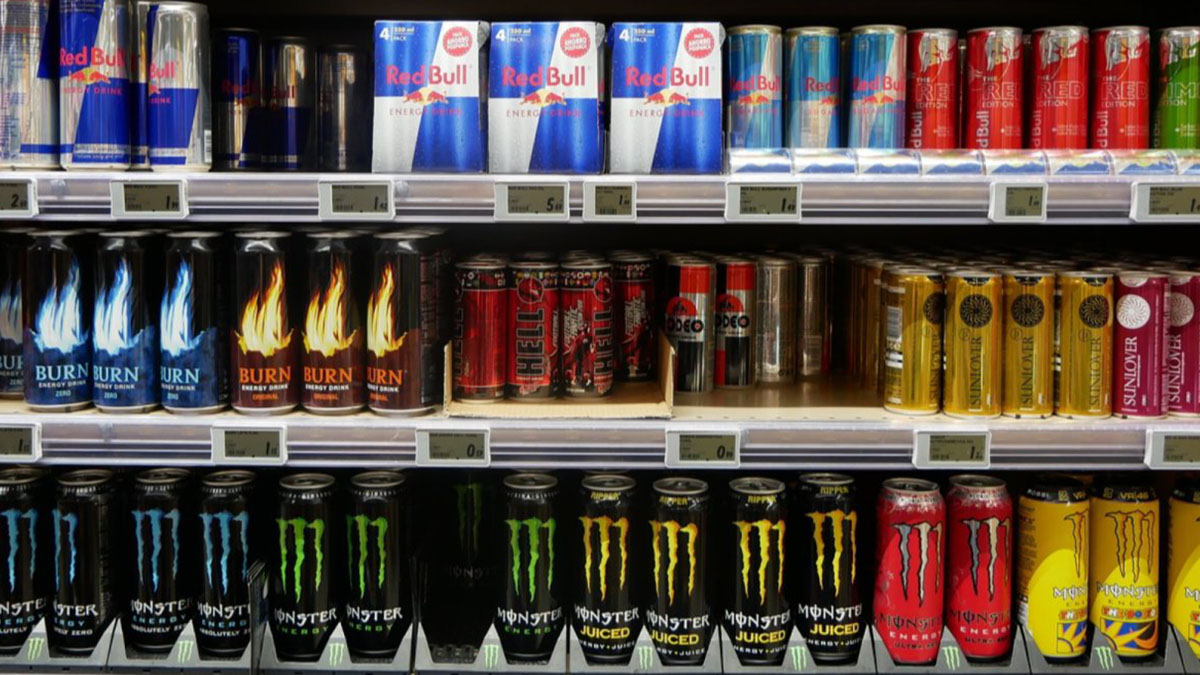
Energy drinks are often marketed as a quick way to boost energy and focus. However, they can come with hidden risks. Here’s what you need to know, based on insights from Dr. Leana Wen, an expert in emergency medicine and wellness.
What Are Energy Drinks?
Energy drinks are beverages designed to enhance alertness and energy levels. They commonly contain:
- High levels of caffeine
- Sugar
- Stimulants like taurine, guarana, and L-carnitine
Energy Drinks vs. Sports Drinks
It’s important to understand that energy drinks and sports drinks are not the same:
- Energy Drinks: Intended to increase alertness and energy. They often contain high levels of caffeine and other stimulants. They are not meant to hydrate or replenish electrolytes.
- Sports Drinks: Designed to restore electrolytes and fluids lost during intense exercise. They mainly contain salts and sometimes sugars, but no stimulants.
Health Risks of Energy Drinks
Dr. Wen explains several health risks associated with energy drinks:
- High Caffeine Levels: Too much caffeine can lead to:
- Rapid heartbeat
- Anxiety and jitters
- Trouble sleeping, which can lead to increased fatigue
- Dehydration, since caffeine acts as a diuretic
- Caffeine Intoxication: Extremely high caffeine intake can cause serious health issues such as:
- Heart problems, including cardiac arrest
- Brain swelling
- Kidney failure
Safe Caffeine Limits
- For Adults: The FDA recommends no more than 400 milligrams of caffeine per day (about 4-5 cups of coffee). Since some energy drinks can contain 200-300 milligrams per serving, it’s crucial to check the label.
- For Children and Teens: The American Academy of Pediatrics advises against energy drinks due to risks like anxiety, hyperactivity, weight gain, and heart issues.
Should You Use Energy Drinks for Sports?
- No: Water is usually the best option for hydration. If you’re concerned about electrolyte loss, sports drinks (not energy drinks) are a better choice. Energy drinks can cause dehydration and are not suitable for pre-sport consumption.
Who Should Be Cautious?
Certain groups need to be especially careful with energy drinks:
- Children: Should avoid energy drinks completely.
- People with Heart Conditions: Those with heart problems or high blood pressure should avoid energy drinks, as stimulants can worsen these conditions.
- Those on Medications: Energy drinks can interact with medications like antidepressants and diabetes drugs. Consult with your healthcare provider if you’re on any prescriptions.
Healthier Alternatives to Boost Energy
Instead of relying on energy drinks, consider these safer options:
- Identify Underlying Issues: Conditions like anemia or sleep disorders may cause fatigue.
- Improve Sleep: Establish better sleep habits for more energy.
- Eat Well: A balanced diet can provide long-term energy.
- Stay Hydrated: Drink plenty of water throughout the day to maintain energy without the risks of energy drinks.
Conclusion
While energy drinks might offer a temporary boost, they come with significant health risks, especially if consumed in large amounts. For a healthier approach to managing fatigue, focus on lifestyle changes and consult healthcare professionals as needed.
